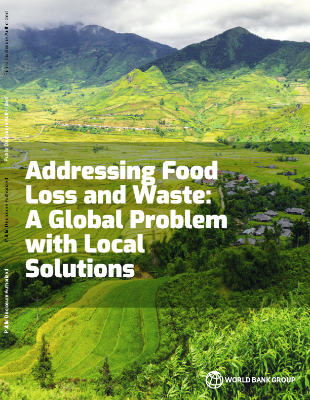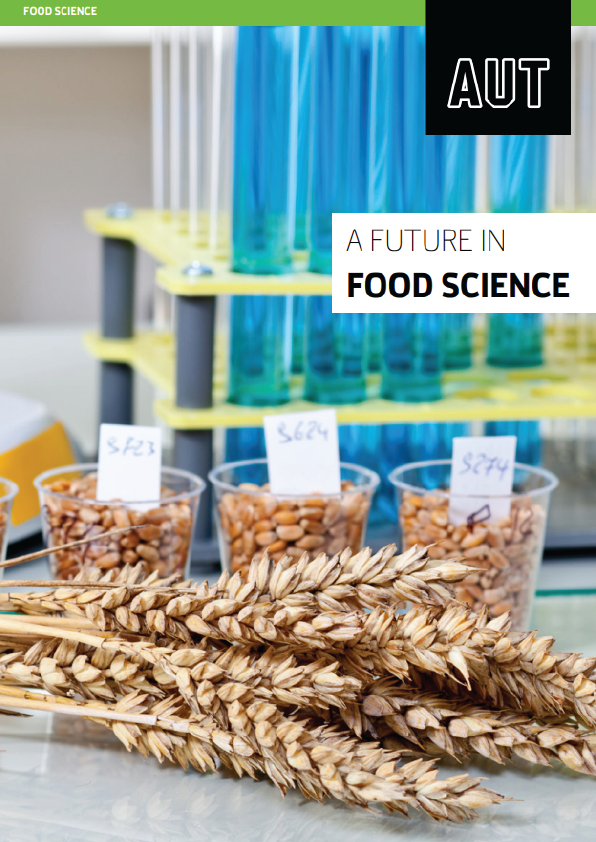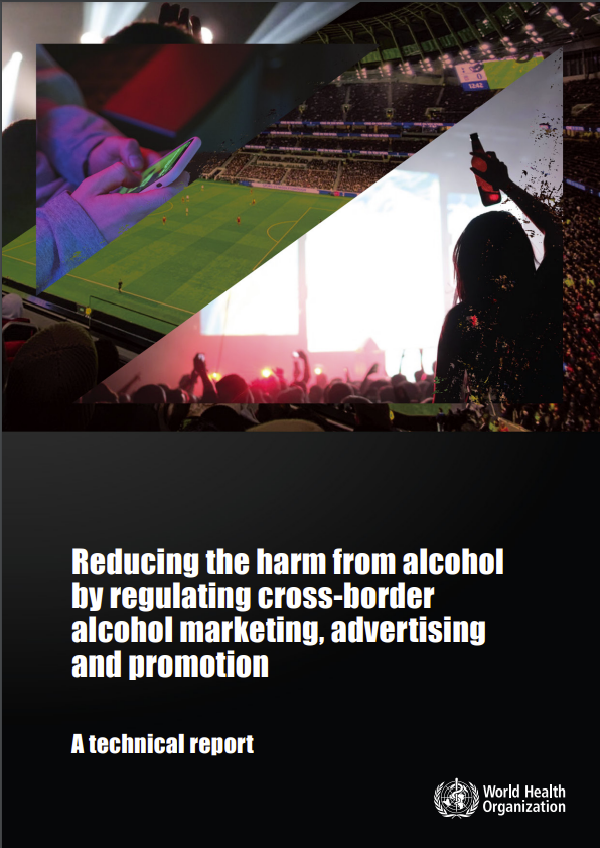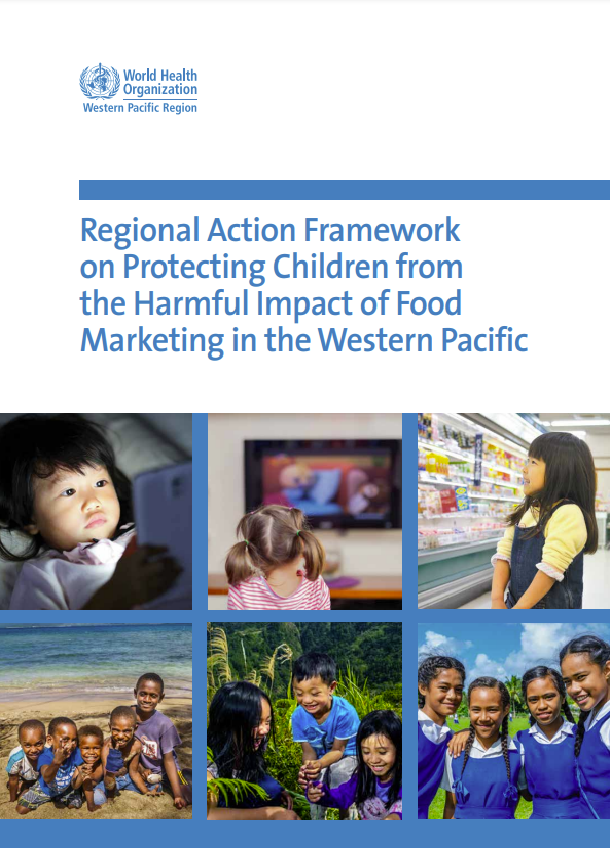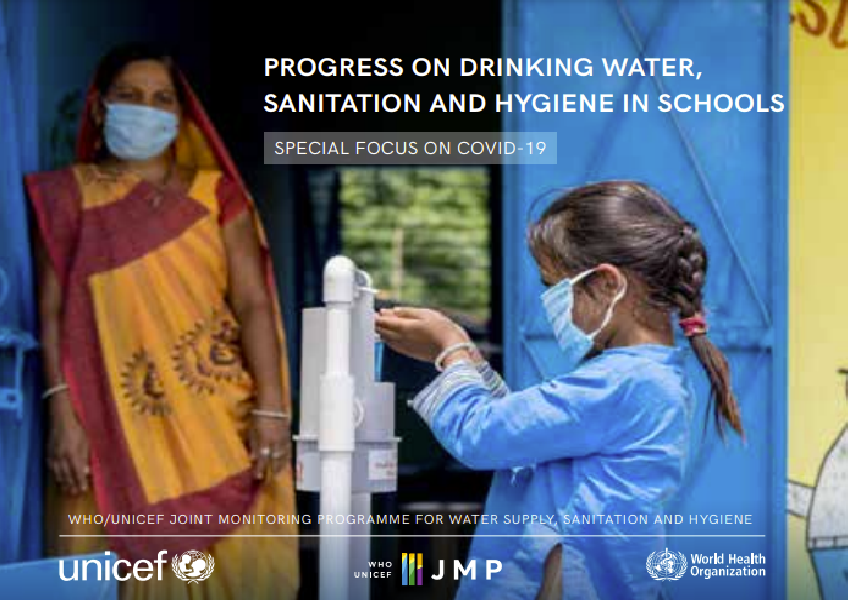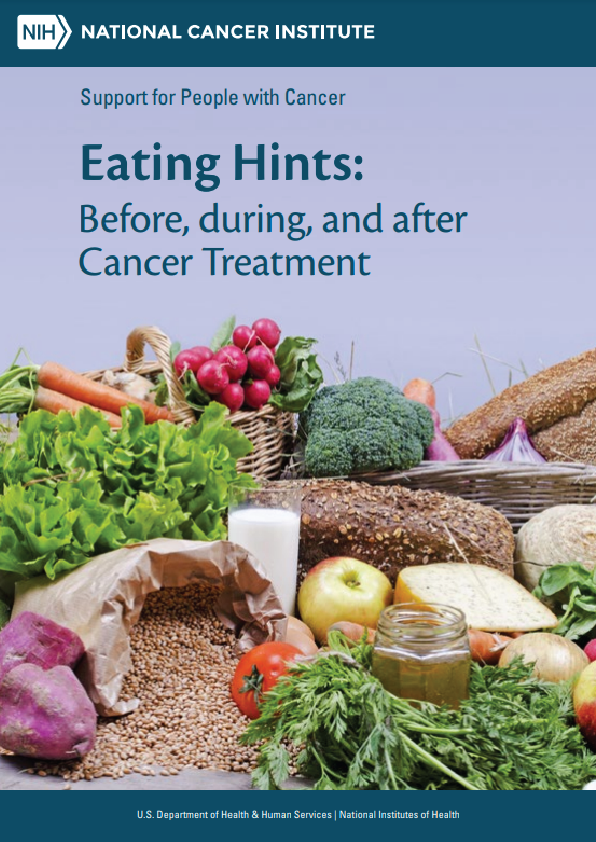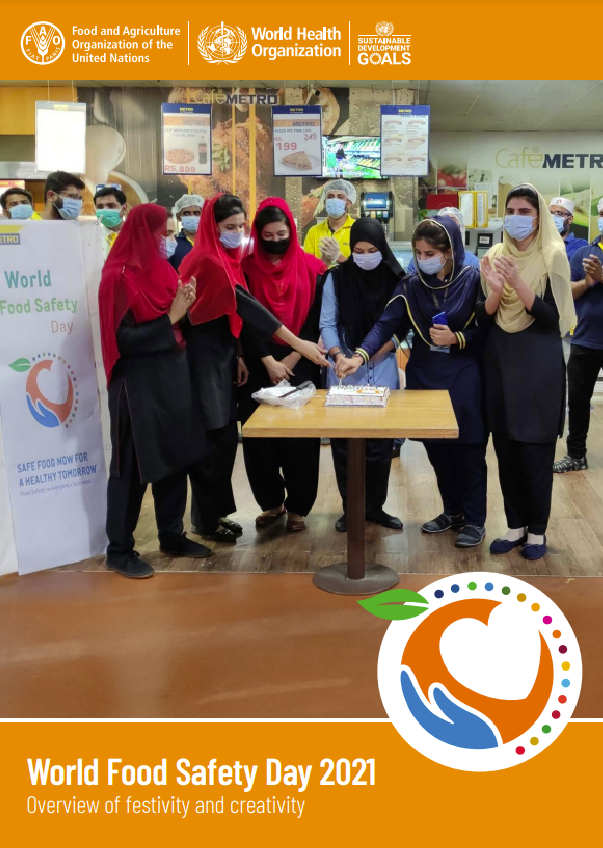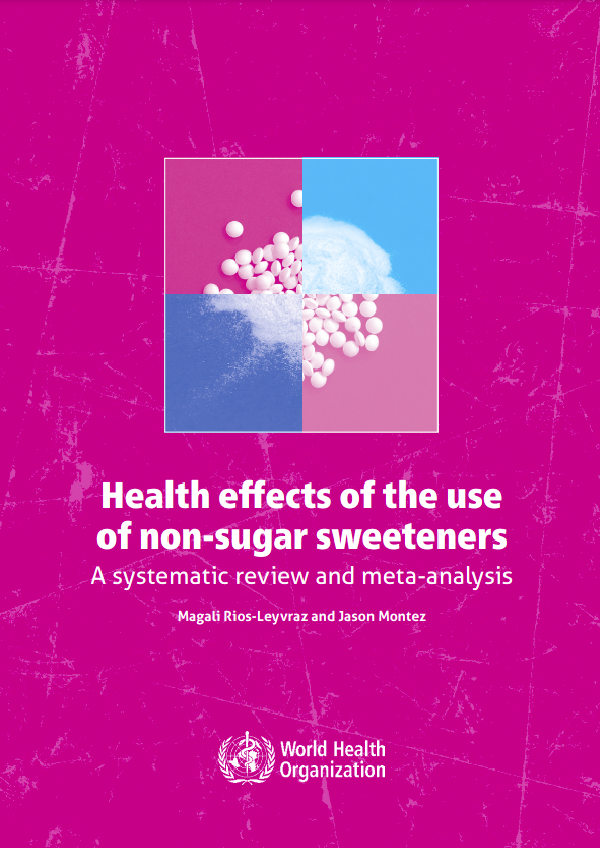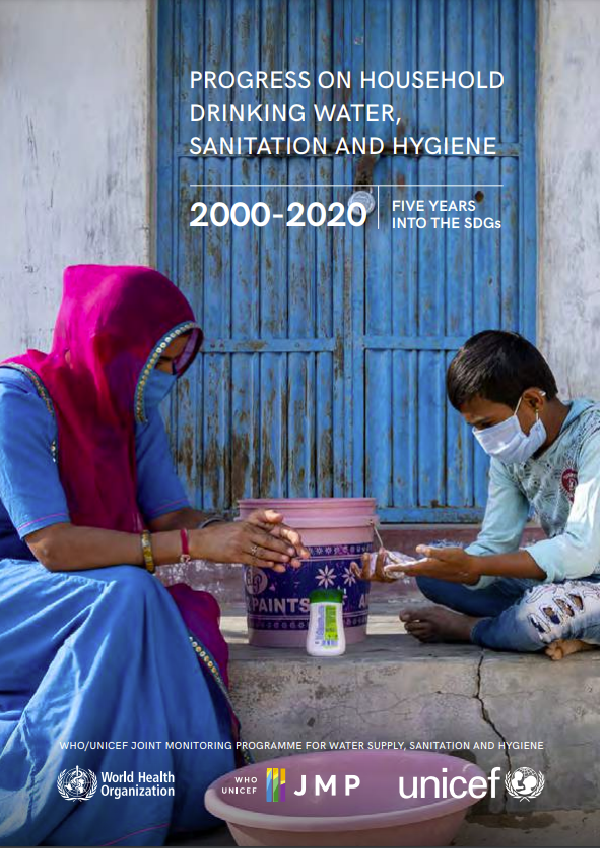This report focuses on the role that food loss and waste (FLW) could play in reducing the environmental footprint of food systems while attempting to meet the caloric and nutrient needs of a population expected to increase by 3 billion people in the next 30 years.
The performance of the global food system over the last century has been extraordinary. From a global population of 1.6 billion people in 1900 to nearly 8 billion in 2020, the agri-food sector has risen to the challenge of providing global caloric sufficiency, mainly by increasing yields of a few principal staple crops. However, this path is no longer sustainable.
THE CURRENT SITUATION
- The success of food systems has not been without costs. Notwithstanding the extraordinary success during the past century in making food more accessible, affordable and safe, food systems have contributed to unsustainable land use practices, depletion of fresh water, pollution from chemicals, disruption of nitrogen and phosphorus cycles, biodiversity loss, and climate change. The world is transgressing key planetary boundaries, in part due to food systems that are endangering the environment while still failing to fulfill the caloric and nutrient needs of a large population. Approximately 678 million people around the world (FAO et al. 2020) still go hungry every day, and one in three is malnourished.
- The pressures will continue to increase. In the next three decades, we will need a 30-70 percent increase in food availability to meet the demand for food by an increasingly large, urbanized and affluent population. However, the evidence is clear that today’s global food and land use system is already failing on multiple fronts, from persistent undernourishment and hunger in certain pockets of the world to the global depletion of natural resources and immense carbon dioxide emissions, all while a large number of poor farmers are excluded from the wealth created by food systems. Business as usual will not be good enough. Only a transformation of the global food system will ensure that the world is not worse off in the future.
- While food systems generate an unsustainable environmental footprint, the amount of food lost or wasted is, according to some estimates, about 30 percent of the total world food supply. Advocates of food systems transformation increasingly see reducing FLW as a promising strategy for helping feed the planet while reducing the associated environmental footprint. From the G20 to many national governments, local governments and international agencies such as the World Bank, IDB, UNEP and FAO, along with think tanks and NGOs, there are many analyses, recommendations and a myriad of initiatives offering numerous solutions for reducing FLW. The private sector is also increasingly adopting measures to reduce FLW, viewing FLW successes as both a business opportunity and key to meeting corporate social responsibility objectives.
- The COVID-19 pandemic exemplifies the risks inherent in our current food systems and offers an opportunity to rebuild in better ways. The disease is of zoonotic origin and may have crossed over to infect humans at a wet market where vendors, buyers, and live and slaughtered animals interact in proximity. The widespread illness and death as a result of COVID-19 have brought tragedy and massive economic disruption. Food supply chains are particularly interrupted; necessary efforts to slow the spread of the disease through movement restrictions and business closures have ruptured traditional links along value chains and revealed rigidities that impede rechanneling of supply. Domestic food has replaced away-from-home consumption as social distancing and lockdowns have shut down much of the hospitality industry. However, the switch from hospitality to home-oriented supply chains has not been easy. Consumers face shortages while unsellable products swamp suppliers, and losses and waste mount. The global recession or depression that will follow the disruptions of 2020 will exacerbate poverty and increase food insecurity. Despite the huge social and economic costs of the pandemic, the crisis creates the space to tackle head-on necessary food systems reforms.
